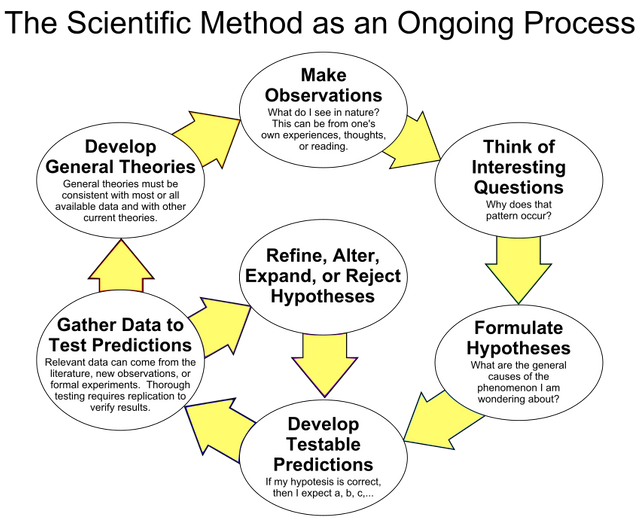While it is a very commonly used word not a lot of people know how to categorize the discipline of Philosophy. To tacle this question we have to first focus in on the term "philosophy" itself.
Just as the practice itself the term originated in ancient Greece. It is believed to be coined by the very influential and well known philosopher Pythagoras ( 570–495 BC). The term is composed of "philos" which means friend and "sophia" which can be translated as wisdom which in conclusion means a philosopher is everyone that is a "friend of wisdom" , someone that pursues knowledge and wisdom. Philosophy is mostly called a science, an everyday science or a universal science.
So what category does philosophy fall into?
Is it a science ?
While there are links between philosophy and science and the origin of science lies in philosophy there are major differences. Generally speaking science is the study of nature whereas philosophy covers a much broader spectrum of different topics. Another distinguishing factor is the scientific method which is crucial to the way we do science. The scientific method relies heavily on the development of testable predictions. Although this can be the case in some philosophers writing it isn’t mandatory in contrast to scientific papers. The reason why this concept isn’t applied to philosophical questions is that it would restrict your thinking so that you will most likely get stuck at one point due to the nature of philosophical questions. In philosophy we are also not able to conduct experiments which are integral to the scientific method. This graphic goes into more deph on the scientific method:

(Source:"https://en.wikipedia.org/wiki/Scientific_method"-created by ArchonMagnus for Wikipedia)
From this we can conclude that philosophy isn’t a science.
Is it an everyday science?
This is another category philosophy often gets pushed into. Philosophers were always concerned with the question of how one should live his life. This is one of the largest topics of practical philosophy. The way the philosophical answers to these questions look is usually very distant from what people may consider the thoughts of everyday life because instead of resembling the short and clear cut tips from a self-help book they seem as if they would only complicate your daily routine. If you would deconstruct the actions you do every day in your mind and think about them as deeply as many philosophers have done you would probably be very inefficient and feel exhausted after one week of this lifestyle.
As it is not beneficial in everyday life you can not talk about philosophy as an everyday science.
Is it a universal science?
What about the idea that philosophy is a form of science that encompasses the universal knowledge that commes from differend sciences and strings it together? While it is partially true that it deals with very broad subjects and questions it covers its own list of topics and it offers a very specific way of thinking that doesnt necessairily aim to give definite answers to these questions. These are the reasons we can’t talk about philosophy as a universal science.
Conclusion
As we have seen none of these three descriptions fully captures the subject and what role it plays. While all of these terms hold some truth to them especially the definition as a universal science philosophy is its own unique discipline.
To conclude you can say that philosophy can be most closely described as a unique subject with its own questions, methods and goals it wants to accomplish.
Excellent article. I often try to explain to people the difference between philosophy and science - in the commonly used meaning of those words. But it's not easy. You do a good job, although I'd like to read more about it. (But that's probably because I'm a philosopher myself...)
Good to meet you here, looking forward to reading more of your work!
Downvoting a post can decrease pending rewards and make it less visible. Common reasons:
Submit
Thank you very much! I am glad you liked my article.
Downvoting a post can decrease pending rewards and make it less visible. Common reasons:
Submit
Very interesting article, great work!
Downvoting a post can decrease pending rewards and make it less visible. Common reasons:
Submit
Thanks, I appreciate your comment very much.
Downvoting a post can decrease pending rewards and make it less visible. Common reasons:
Submit